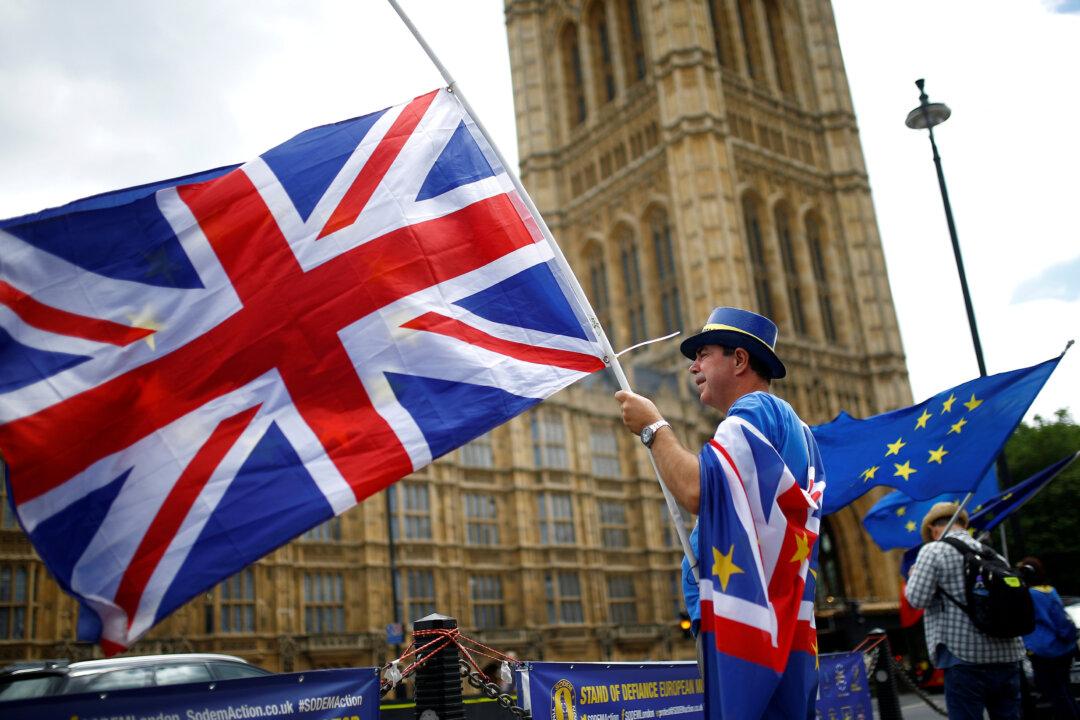LONDON—The UK can reverse Brexit without the agreement of the EU member states, an EU court has ruled, lighting the constitutional path for British lawmakers the day before a crucial vote on leaving the EU.
The ruling will strengthen the campaign for a second referendum on Brexit. It allows the UK to put the firing pin back in the Brexit grenade before it explodes on March 29, without losing its current bespoke arrangement with the EU.





